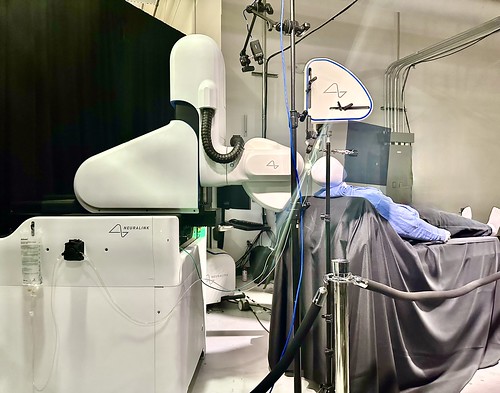Neuralink Implanted a Device in a Patient’s Brain, Elon Musk Says
Neuralink #Neuralink

Neuralink, a company working to develop computer interfaces that can be implanted in human brains, placed its first device in a patient on Sunday, said its founder, Elon Musk.
Mr. Musk, the billionaire chief executive of Tesla and SpaceX, said on Monday that the company’s first product was called Telepathy and would allow a human to control a phone or computer “just by thinking.”
“Initial users will be those who have lost the use of their limbs,” Mr. Musk wrote in a series of posts on X, his social media platform. “Imagine if Stephen Hawking could communicate faster than a speed typist or auctioneer.”
Mr. Musk and Neuralink did not provide further details about who received the implant or whether it was working. Mr. Musk did not immediately respond to an emailed request for comment.
In November 2022, Mr. Musk predicted that the company would begin tests in humans within six months. At the time, Neuralink demonstrated a product in a video that reportedly showed two monkeys moving computer cursors with their brains, a feat that had been shown to be possible in humans more than 15 years earlier.
While Mr. Musk is often optimistic with predictions for his companies, some of which have yet to pan out, Neuralink received approval from the Food and Drug Administration to begin human trials last May.
The company’s website currently says that its “first clinical trial is open to recruitment” for people with limited or no use of both hands due to a cervical spinal cord injury or to amyotrophic lateral sclerosis, a neurological disorder that affects nerve cells.
“This study involves placing a small, cosmetically invisible implant in a part of the brain that plans movements,” Neuralink’s website reads. “The device is designed to interpret a person’s neural activity, so they can operate a computer or smartphone by simply intending to move — no wires or physical movement are required.”
At the Neuralink presentation in late 2022, Mr. Musk said the company’s devices would eventually allow blind people to see or give someone with a severed spinal cord “full-body functionality.” His claims at the time drew skepticism from experts who argued that science had yet to advance that far.